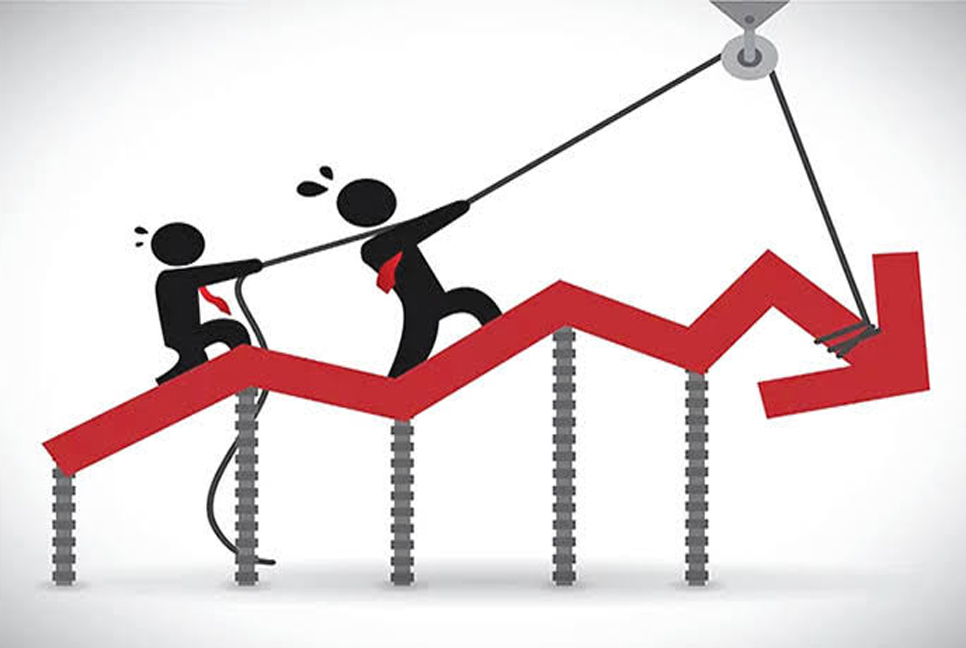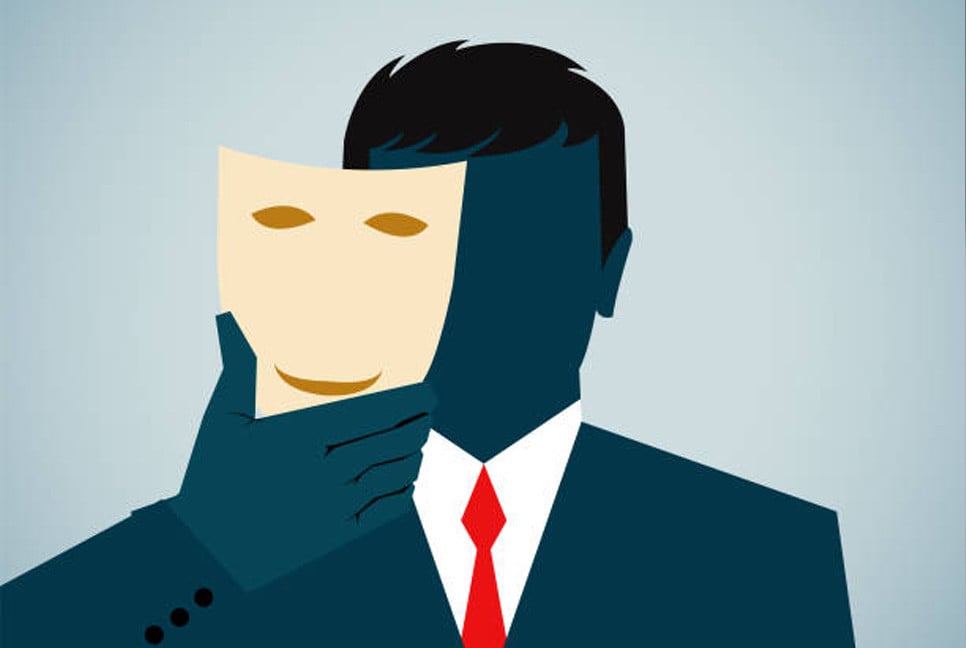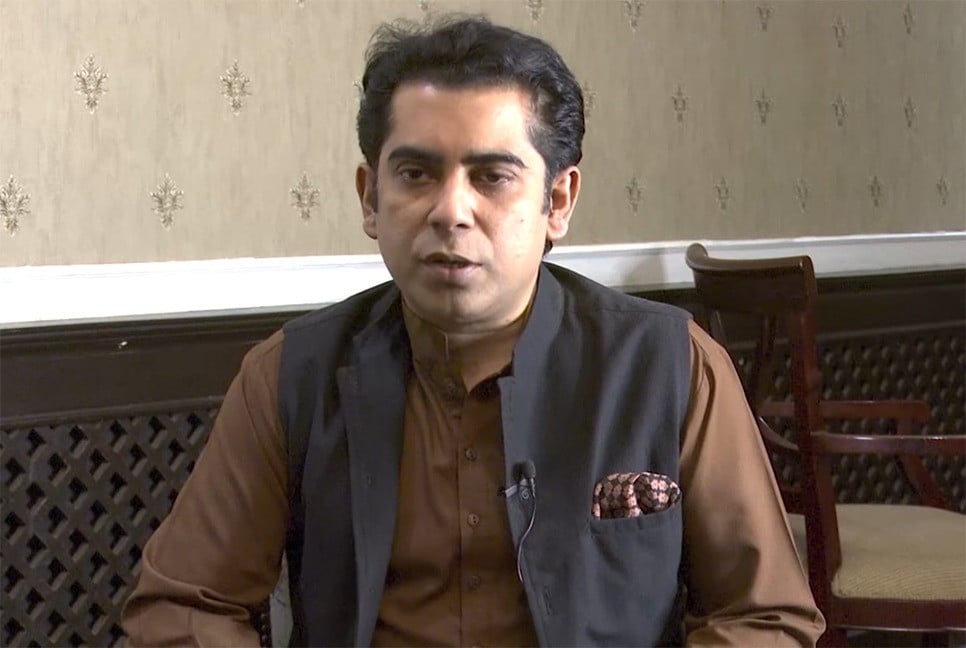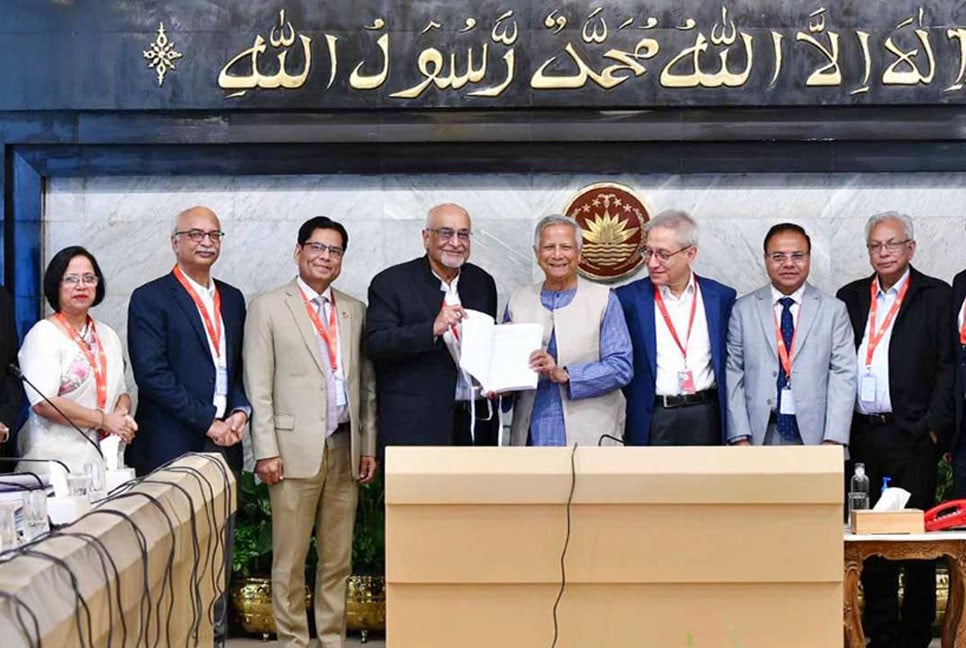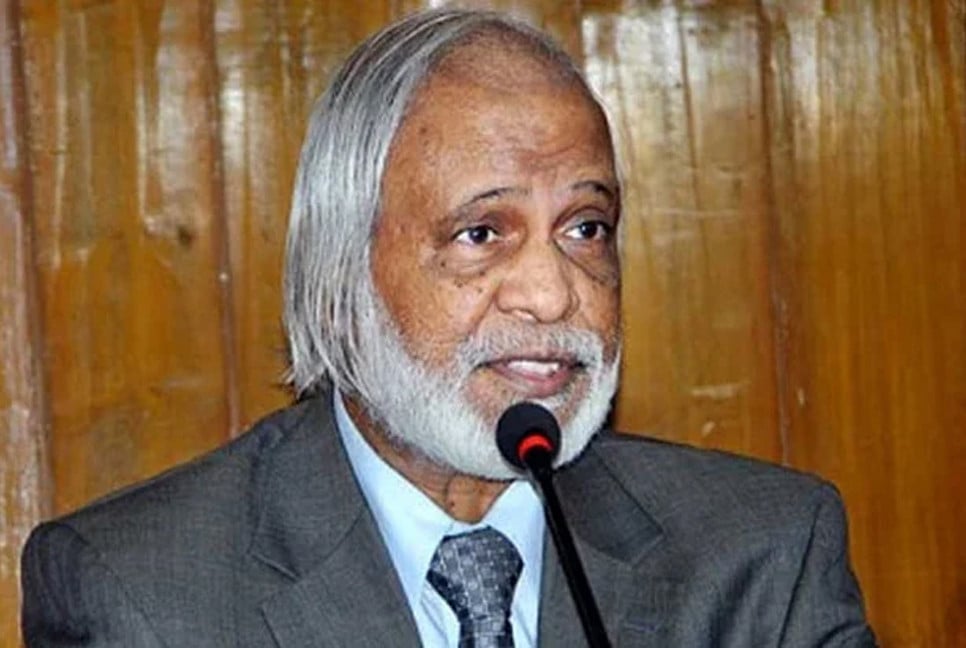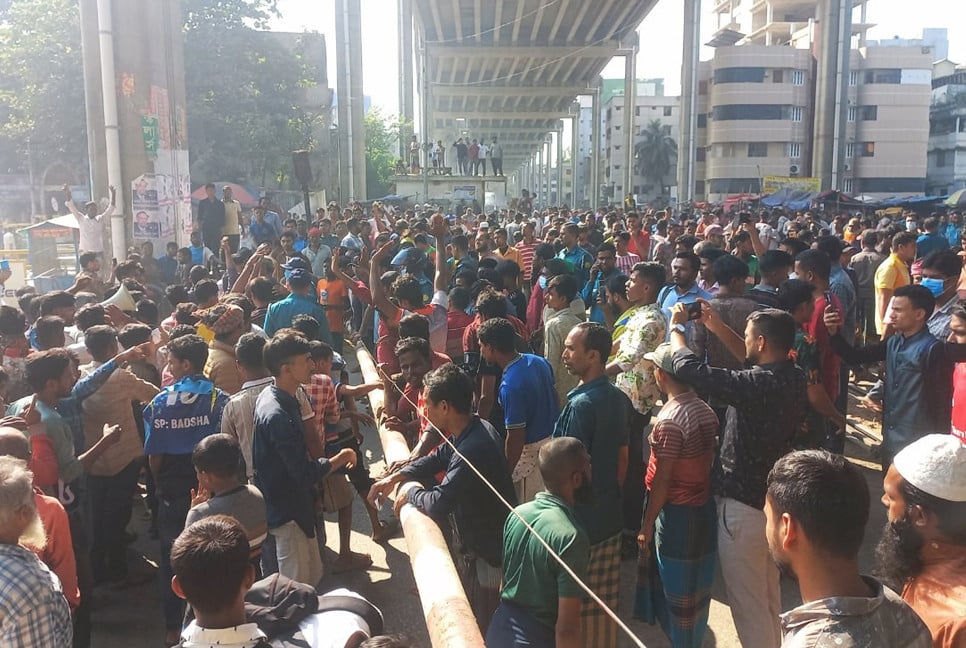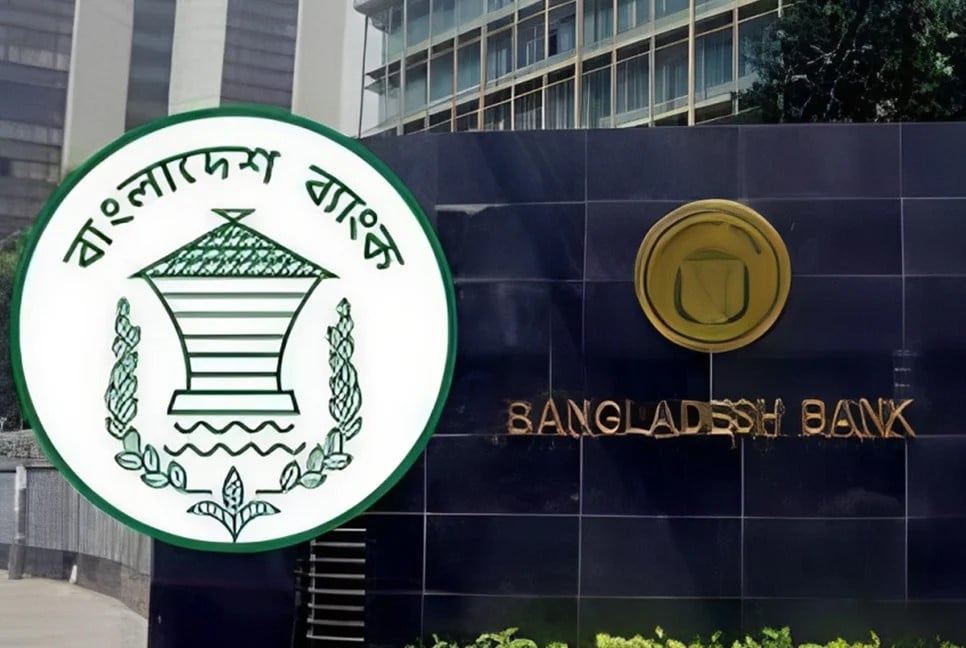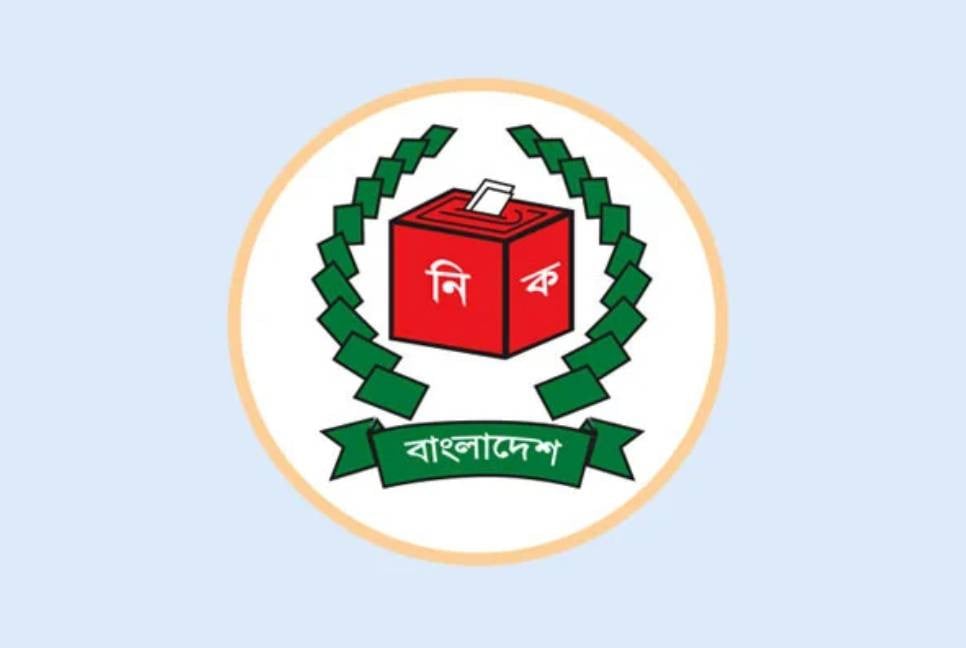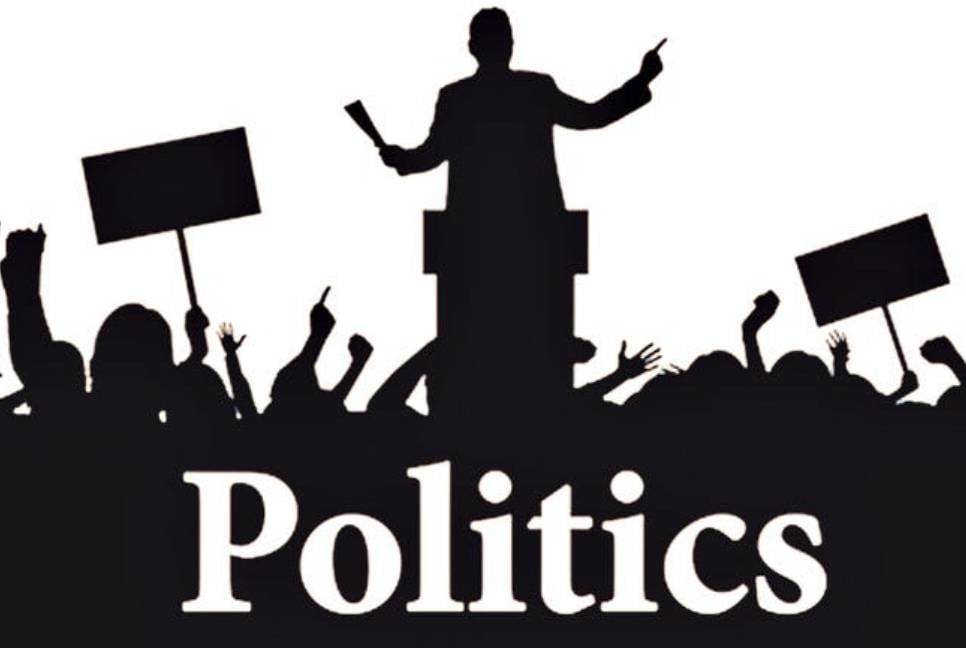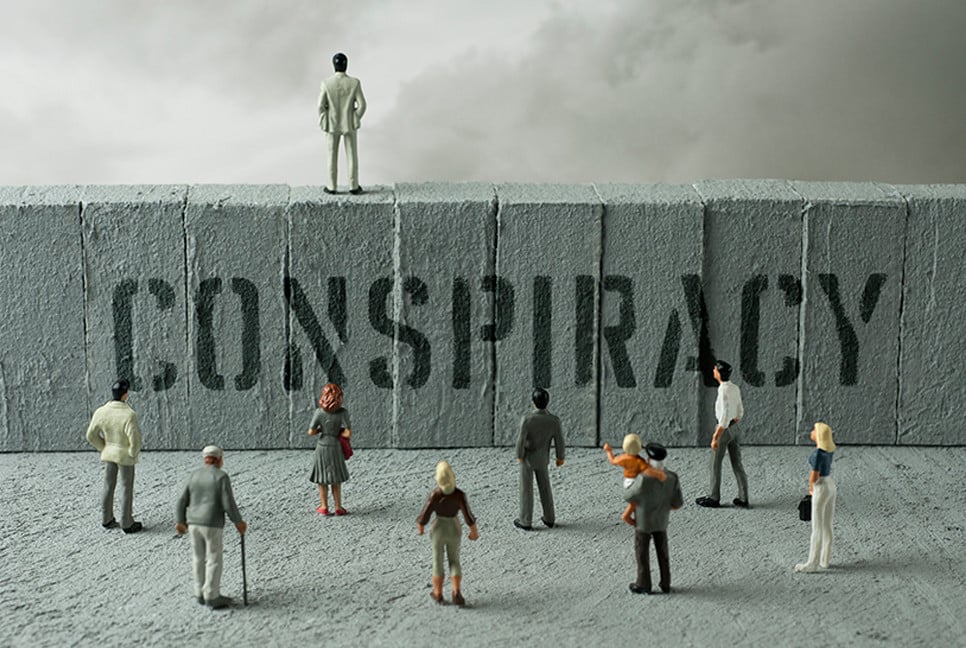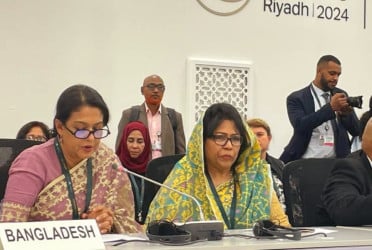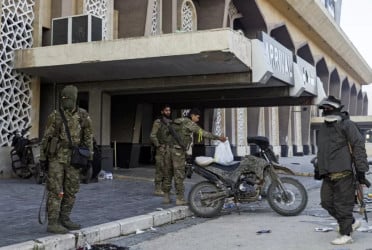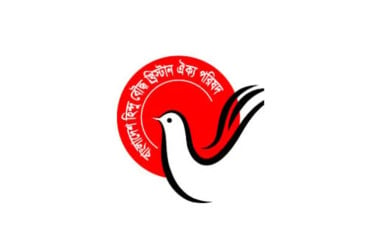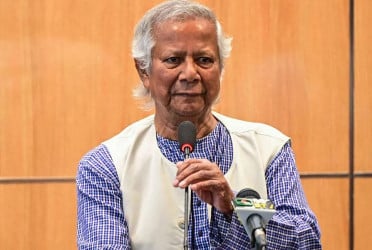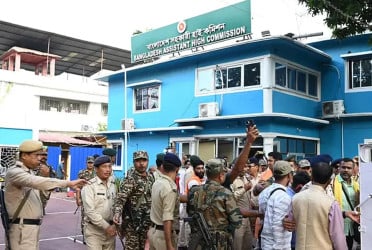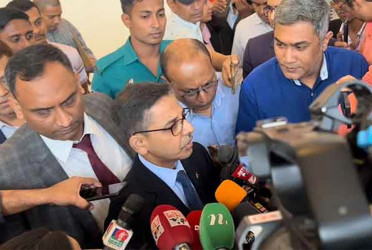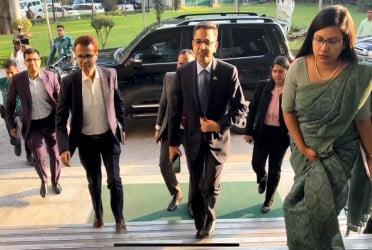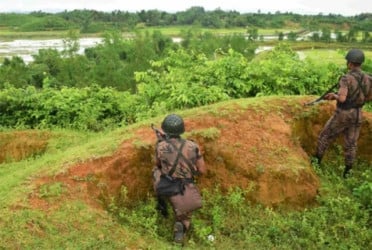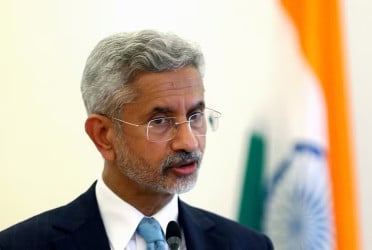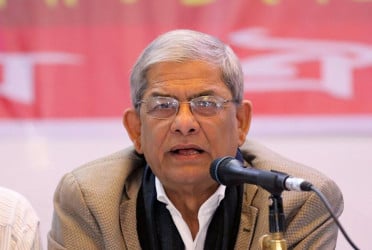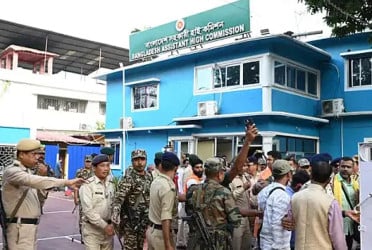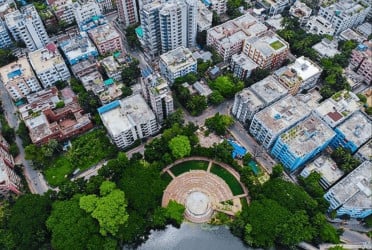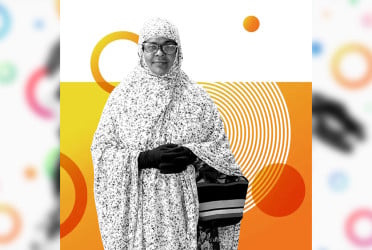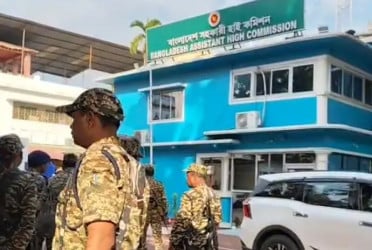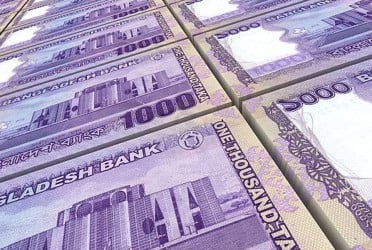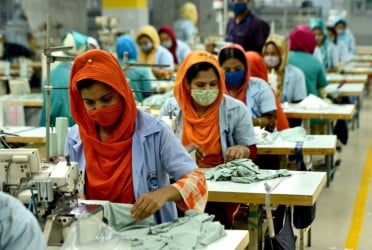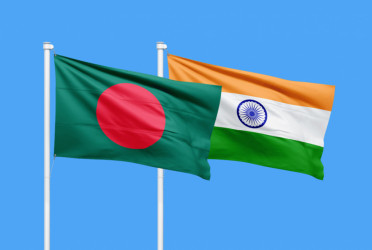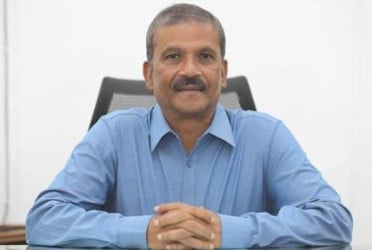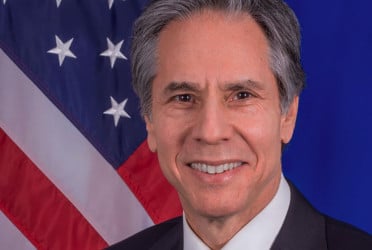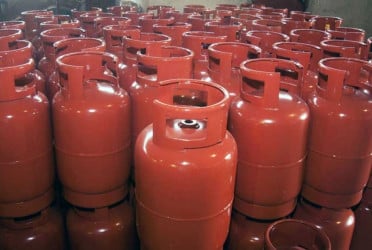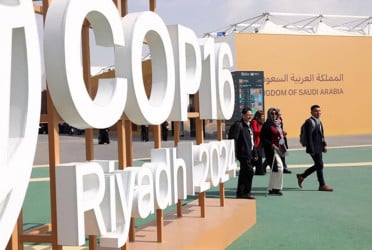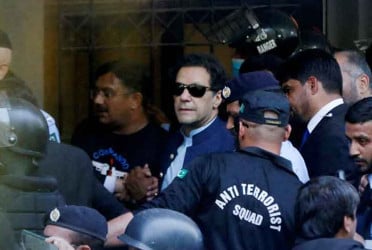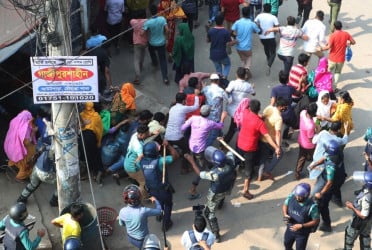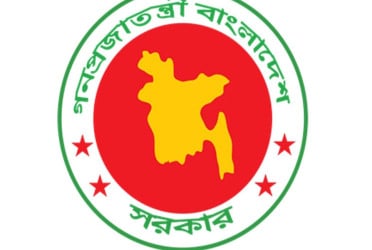The economy and trade and commerce of the country has been undergone a deep shock due to the violent activities centered on sudden student movement amid its present crisis situation. The macro-economy and business sector is going to the opposite direction of advancement. The normalcy isn’t visible even after 10 to 12 days of the deadlock. Especially, the virtual connection in and outside the country was stopped due to shutdown of internet by the administration. The production, marketing and distribution system has been hampered because of the ongoing curfew and restriction imposed on public movement even after the business entities have been opened now.
This has caused irreparable damage to the overall economy of the country. As a result, analysts believe that a very big negative signal is going to foreign buyers and stakeholders. Manik Muntasir and Ali Reaz prepared a report after talking to economists about this.
Eminent economist Prof. Abu Ahmed said, “Due to the ongoing situation, great uncertainty has been created in all sectors of the country's economy. Especially in business and daily activities there is an unusual and extreme recession situation. People are worried about how to manage everyday meals. Where will the new investment be? As the prices of daily commodities are increasing, our GDP growth will come down a lot. Economic crisis is coming from all sides now.”
Talking to The Bangladesh Pratidin on Sunday, this former professor of Dhaka University also said, “If other sectors of the economy are good, the index in the stock market increases. The economy of the country is not good right now. Remittance flows are falling, interest rates are rising, not likely to slow down anytime soon, exports are also falling. This can cause major disruption to the production activities of the companies. As a result, there is no good news about the stock market.”
He also said that this economic crisis may take a more severe form in the next six months. The government could not handle the situation peacefully. They have complicated the matter. Now uncertainty is created and its impact is affecting our overall economy. It is not possible to say when and how the transition from such a situation can happen. It should have been foreseen that we would fall into this stalemate. Of course, we do not consider any crisis serious. This is a big problem for us.
He thinks that the crisis will deepen further.
Prominent economist and former chairman of Bangladesh Economic Association (BEA) Professor Dr. Mainul Islam told The Bangladesh Pratidin, “We have fallen into a ravine. It doesn't look like we can get out of here very easily. We have deepened our business and economic crisis as a result of destructive activities centered on the student movement.”
During the conversation on Sunday, the former teacher of Chittagong University said that the crisis is not over yet. As a result, it is not yet possible to tell how the business will operate. It is difficult to comment on what will happen next. Dr. Mainul Islam said the conflict situation has led us to a crisis. It is more important to normalize the overall situation than to restore normality in the country's economy and trade. That is, if the political situation is not normal, nothing will be normal.
He thinks that nothing more can be said at the moment.
Former Chief Economist of World Bank Dhaka Office Zahid Hossain said, “Our economy is going in the opposite direction. We are going backwards where we are supposed to be going forward. Our problems in terms of economy and trade are very old; however we could not take proper initiatives to solve them. In the meantime, we are not serious about solving what has happened around the student movement. It could have ended much earlier. Don't trivialize any problem and look for a solution.”
Talking to the reporter of The Bangladesh Pratidin on Sunday, he said if we analyze the problems that are prevailing now, it will seem like we are reading a text book. But in reality things are very critical. Our economy is bleeding badly inside. And we are trying to heal it with ointment from outside, which is never realistic. No matter how many medicines we apply to it, it will not work.
He said, “Such incidents send a very bad message to foreign buyers. As a result, buyers are turning away. Also, shutting down the internet is not a solution. Through this all the rumors spread more branches. Curfew is on now. They said the situation is improving. But the situation cannot be called normal by keeping the army on the streets. Those who are supposed to stay in the barracks should be sent back to the barracks. Otherwise the situation cannot be called normal in any way.”
(The report was published on print and online versions of The Bangladesh Pratidin on July 29 and rewritten in English by Lutful Hoque Khan)

